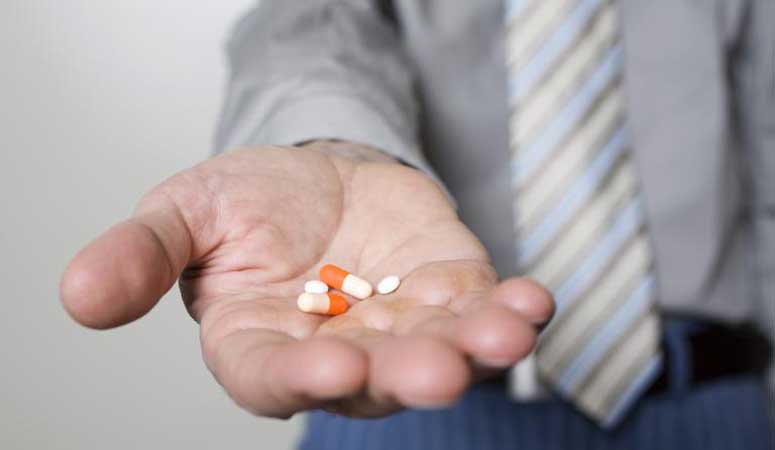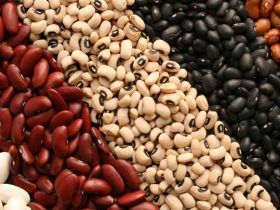Medical Treatments

Medical treatments can be used to handle the different symptoms of IBS, and they include;
- Treatment for Constipation; drugs that can be used to treat constipation in IBS include;
- Laxatives: they soften the stool and improve bowel movement as well as ease symptoms of constipation. Examples include; Polyethylene glycol (PEG), which is an osmotic laxative that softens stool by preventing water reabsorption from the stool.
- Linaclotide: this drug increases bowel movements. It is taken once daily 30 minutes before every meal. It can, however, cause diarrhea.
- Plecanatide: this drug is taken as a once-a-day pill with or without food and improves bowel movement. It also increases fluid in the gut and softens the stool. Unlike several other drugs used for treating constipation, it doesn’t cause side effects like abdominal cramps, etc.
- Lubiprostone: this drug has also been shown to be very effective in treating constipation even though it causes some worrisome side effects like leg and arm swellings, heart palpitations, fainting spells, breathing problems, nausea, diarrhea and abdominal cramps.
- Tenapanor (IBSRELA): this drug works by increasing bowel movements and reducing abdominal pain.
- Treatment for Diarrhea: Drugs used in treating diarrhea in IBS include;
- Loperamide (Imodium): this drug helps slow down bowel movements, firms up the stool and slows down gut movement.
- Eluxadoline (Viberzi): this drug acts by reducing bowel contractions; thereby easing bowel pain and preventing diarrhea.
- Alosetron (Lotronex): the drug slows down bowel movements, relieves abdominal pain and diarrhea but can also cause serious side effects. It is mostly used in severe cases.
- Bile acid sequestrants: they are taken orally, and they work by binding bile acids in the intestine and reducing stool production.
- Other Medications: these include;
- Anti-spasmodics: examples include; Hyoscyamine(Levin) and Dicyclomine(Bentyl) which help to relieve abdominal pain by controlling colon spasms. They, however, cause too many side effects and are not helpful for several people.
- Anti-depressants: these may be helpful in patients undergoing psychological stress and may relieve some of their symptoms.
- Bulking agents: examples are Psyllium, wheat bran and so on, which help to slow down bowel movement and relieve some of the symptoms.
- Antibiotics like Rifamixin can be taken as pills for two weeks to handle bacterial colonization in the intestines that may be responsible for some of the symptoms.
- Probiotics: these can be prescribed to help with symptoms. They are live microorganisms that help to improve digestive system health and are usually used to treat digestive system problems.













